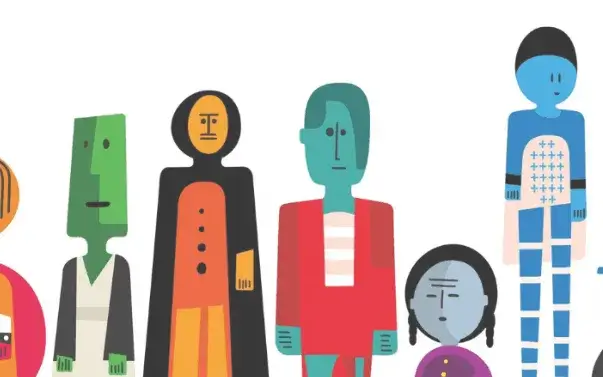The Fundación Secretariado Gitano has published a report that covers bad practices at the workplace, educational institutions or in accessing housing, services and goods, among others.
The Fundación Secretariado Gitano (FSG) has launched the 16th Annual Report ‘Discrimination and the Roma Community’, to give visibility to the discrimination and violation of rights that the Roma people still face today in several areas of society.
The 2020 report covers 425 cases of discrimination in Spain during 2019, a rise when compared to the 334 cases documented in 2018. This increase in cases is due to changes in the methodology used to gather the data, as this year they have started to include hate speech identified on social networks, and also due to an increase in cases detected in certain areas, such as accessing services and goods.
The report studies the different cases of documented discrimination, provides a series of conclusions, poses concrete demands to the administrations to fight against discrimination and dedicated a section of the report to an in-depth analysis of discrimination at the workplace.
Conclusions
- The lack of an effective legal response as a result of the absence of an appropriate regulatory framework
- The Roma people often do not report incidents to the authorities. They fear retaliation or believe that there is no point and it will come to nothing.
- The need to address intersectional discrimination. They are cases in which in addition to the ethnic origin of the persons involved, other factors are at play such as gender.
- Bad reporting practices and other cases of discrimination and anti-Gypsyism documented in the media.
- Anti-Gypsy, stigmatising hate speech posted on social media and online platforms.
- Discrimination and anti-Gypsyism in access to goods and services. The document found numerous cases of discrimination in accessing swimming pools, restaurants, bars and night clubs and other leisure venues.
- Discrimination and anti-Gypsyism in education. Some situations have been identified in which non-Roma parents do not want Roma pupils in the school. Other cases include remarks from teachers about the Roma community: negative comments, stereotypes, generalisations, etc.
- Discrimination in employment: barriers to achieving equal opportunities. A common practice by certain companies is to refuse to accept CVs from Roma candidates, or refusing them interviews once they realise their ethnicity.
- Discrimination in healthcare.
- Use of ethnic profiling and other discrimination in policing.
- Discrimination in access to housing. The most common cases relate to some estate agents’ or property owners’ refusal to rent or sell a flat when they discover that the person or family wishing to buy or rent it is Roma.
- Cases of discrimination and hate crimes in other areas. They include hate crimes, such as assaults or violent threats to Roma people, and also threatening and anti-Gypsy painting on buildings and in public spaces.
Anti-Roma attitudes all over Europe
The annual report ‘Discrimination and the Roma Community’ also documents cases of discrimination against Roma people around Europe:
- In Bulgaria, hate speech targeting the Roma is widespread, even in the Government and political representatives.
- In the Ukraine, far-right groups have shown hatred towards this group, there have been physical assaults, Roma camps have been set on fire and there have been violent evictions of Roma families.
- In the Czech Republic and Italy discrimination against the Roma people happens in several areas.







Add new comment